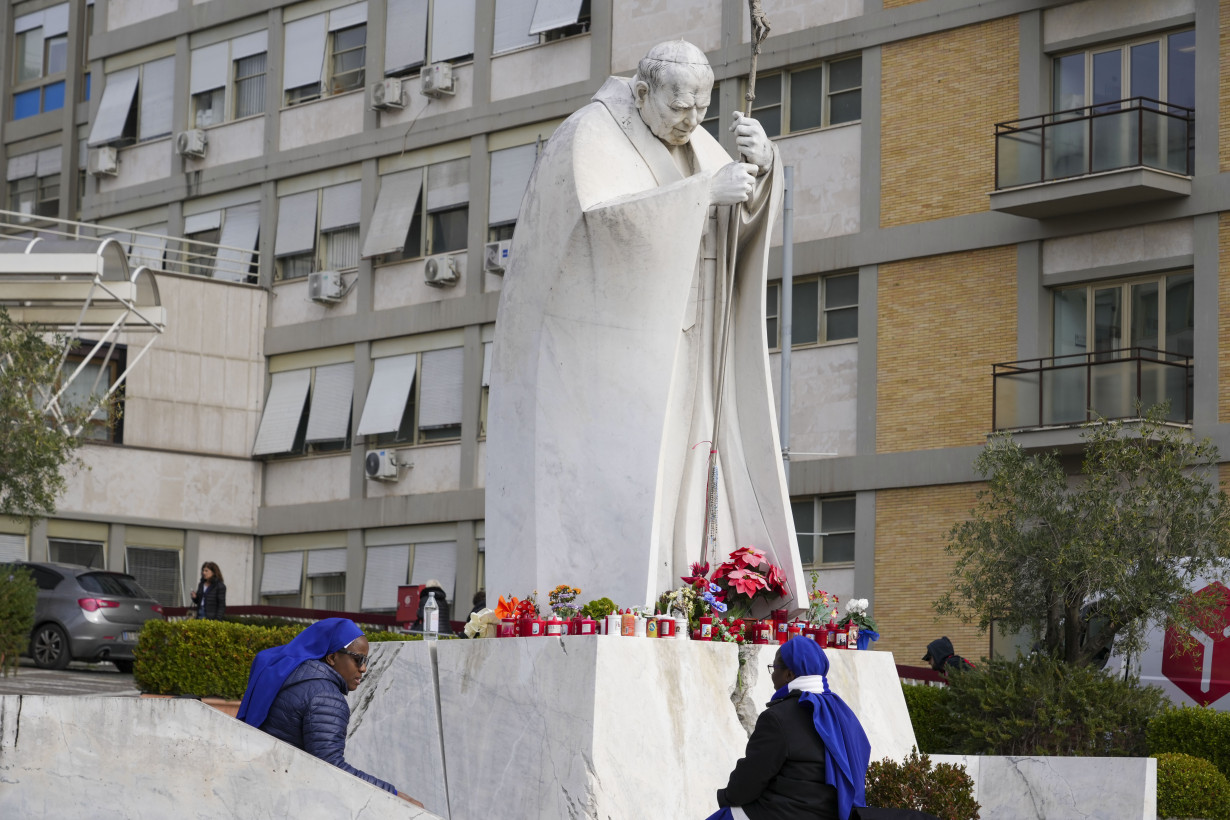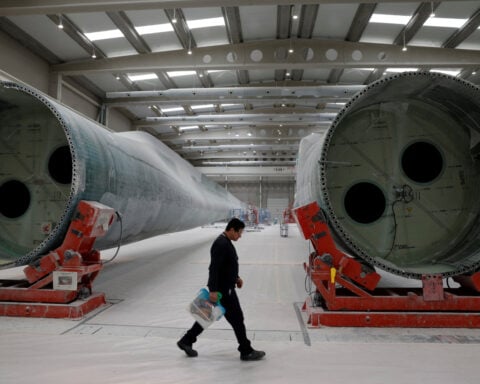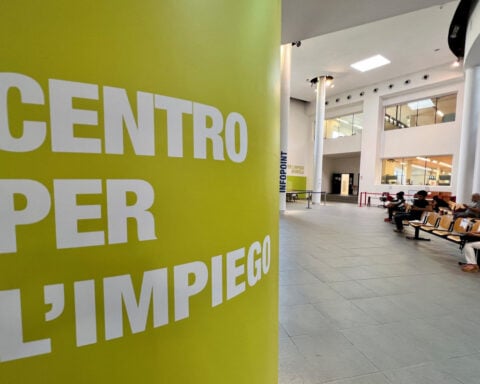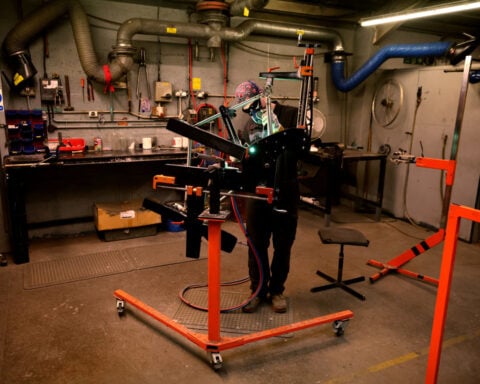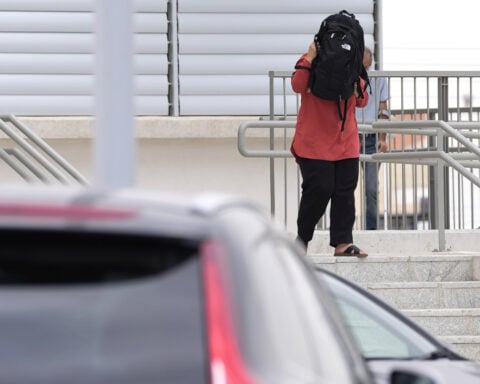LONDON (AP) — Vatican authorities said Monday that Pope Francis has a complex infection in his respiratory system and will require more targeted drug treatment. Officials said the 88-year-old pope is suffering from a “polymicrobial respiratory tract infection,” but gave no further details on the severity of his illness or what would change in his treatment.
Here’s a look at the Pope’s latest diagnosis and what his treatment could involve.
What is a polymicrobial respiratory tract infection?
Essentially, it means there’s a mix of bacteria, viruses, fungi or parasites growing in someone’s lungs.
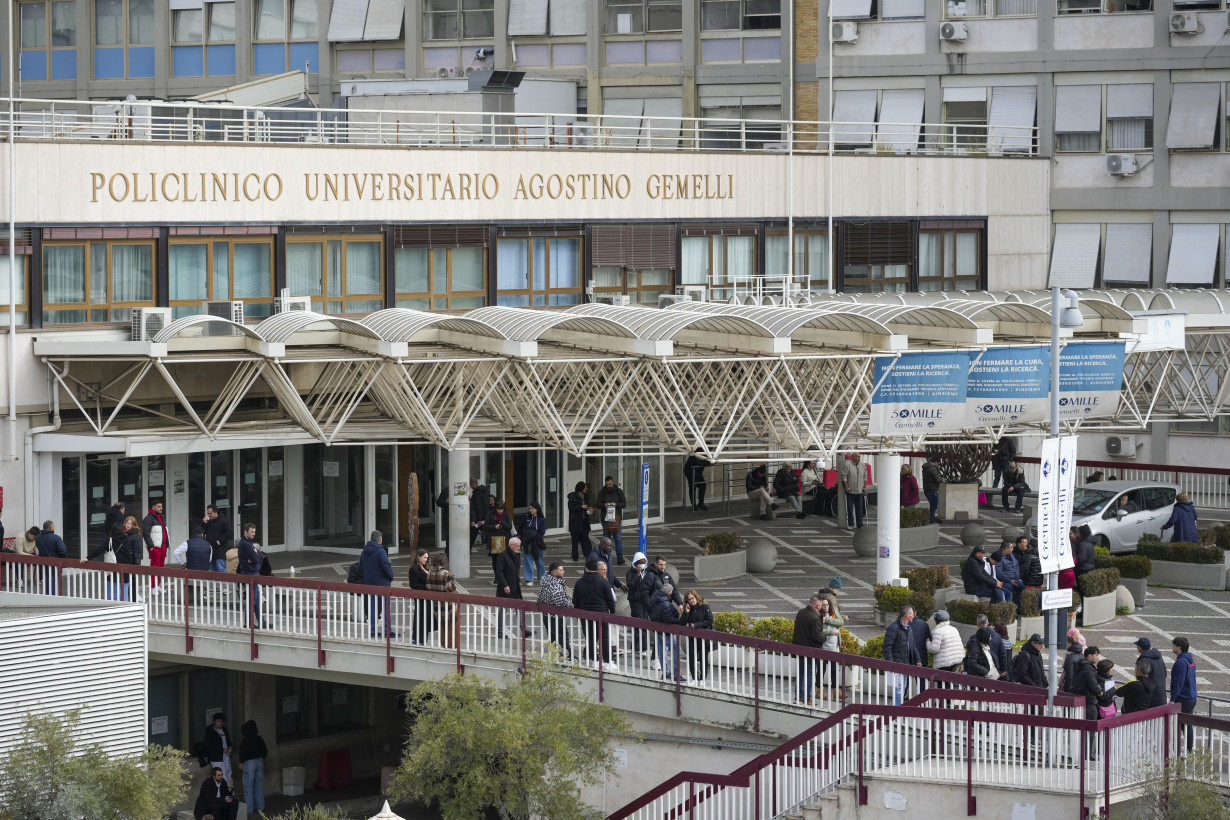
“Often times, people will get a bronchitis or an airway infection and that can often start a cascade of multiple problems, including infections in the lungs,” said Dr. Maor Sauler, who specializes in adult pulmonary and critical care medicine at Yale University's School of Medicine. He said such issues were common in older people whose immune systems might be weaker or had complex health issues.
“It likely means he has more than one organism in his lungs,” Sauler said, explaining that the pope’s doctors might have to adjust his treatment to make sure the antibiotics attack all the various organisms.
How serious is this?
For someone with the pope’s medical history — he lost part of his right lung decades ago and has previously had pneumonia — it’s worrying that he’s been hospitalized.
Dr. Nick Hopkinson, medical director of Asthma + Lung UK, said most healthy people would likely recover quickly from bronchitis.
But in people whose lungs are already damaged, “bacteria can come and colonize the airways … and you start to see infections which makes it more difficult to treat.” In people with lungs that have been previously compromised, they might need help breathing, including oxygen support or chest physiotherapy to help them clear fluids building up in their lungs.
Still, Hopkinson said that getting the pope on the right medications should help.
“If they’ve identified particular things to treat, they can treat those and he’ll start to recover.”
How long might this take?
That depends. Antibiotic treatments typically take from a few days up to about two weeks. Hopkinson said the pope might be given various medicines, including ones that people typically take for asthma or conditions like chronic obstructive pulmonary disease, in addition to getting physiotherapy to help keep his chest as clear as possible.
“Some infections require prolonged treatment because they’re just harder to clear from the system,” Hopkinson said. “It sounds like they’ve identified the bugs that are responsible and they’ll be able to treat those…but we’ll just have to wait and see.”
Dr. Peter Openshaw, a lung expert at Imperial College London, said the presence of multiple organisms wasn’t unusual in people with complex medical histories but could be hard to manage.
Are there other issues doctors might be concerned about?
Pneumonia is a likely worry.
“Even though we can treat pneumonias with antibiotics, pneumonias are also one of the leading causes of death,” said Sauler of Yale University. He said antibiotics don’t work in isolation and that a person’s immune system is also critical to fighting off pneumonia, pointing out that the immune systems in older people aren’t usually as resilient.
“When you’re 88 years old, the age of the pope, then all of a sudden you have risk factors that make the situation tougher than just a routine pneumonia.”
What will doctors be monitoring next?
Sauler said the biggest thing to watch out for in the coming days is any sign that the pope is getting worse.
“I’d be most interested in making sure he’s not worsening despite the best efforts (of his doctors). That’s usually a bad prognostic sign,” he said, adding that they would likely review his condition in a few days to see whether or not the prescribed drugs are working.
“I have optimism and hope that he can pull through with the right antibiotic.”
___
Nicole Winfield contributed to this report from Rome.
___
The Associated Press Health and Science Department receives support from the Howard Hughes Medical Institute’s Science and Educational Media Group and the Robert Wood Johnson Foundation. The AP is solely responsible for all content.

 Trump has begun another trade war. Here's a timeline of how we got here
Trump has begun another trade war. Here's a timeline of how we got here
 Canada's leader laments lost friendship with US in town that sheltered stranded Americans after 9/11
Canada's leader laments lost friendship with US in town that sheltered stranded Americans after 9/11
 Chinese EV giant BYD's fourth-quarter profit leaps 73%
Chinese EV giant BYD's fourth-quarter profit leaps 73%
 You're an American in another land? Prepare to talk about the why and how of Trump 2.0
You're an American in another land? Prepare to talk about the why and how of Trump 2.0
 Chalk talk: Star power, top teams and No. 5 seeds headline the women's March Madness Sweet 16
Chalk talk: Star power, top teams and No. 5 seeds headline the women's March Madness Sweet 16
 Purdue returns to Sweet 16 with 76-62 win over McNeese in March Madness
Purdue returns to Sweet 16 with 76-62 win over McNeese in March Madness
